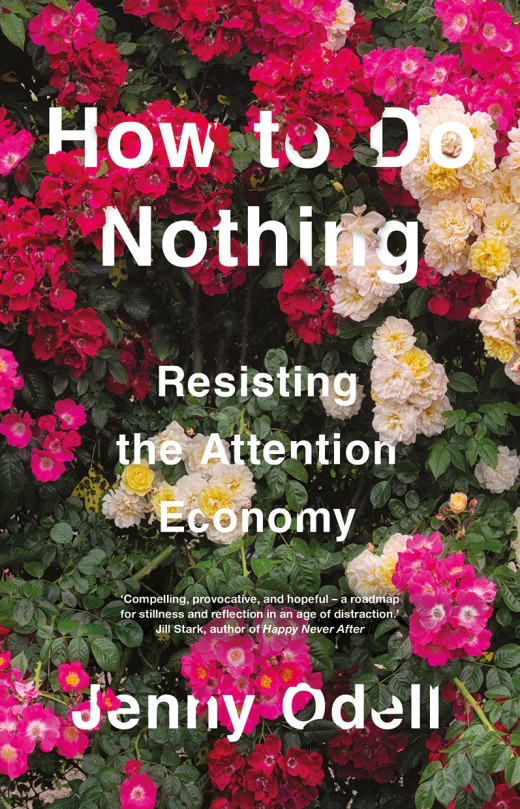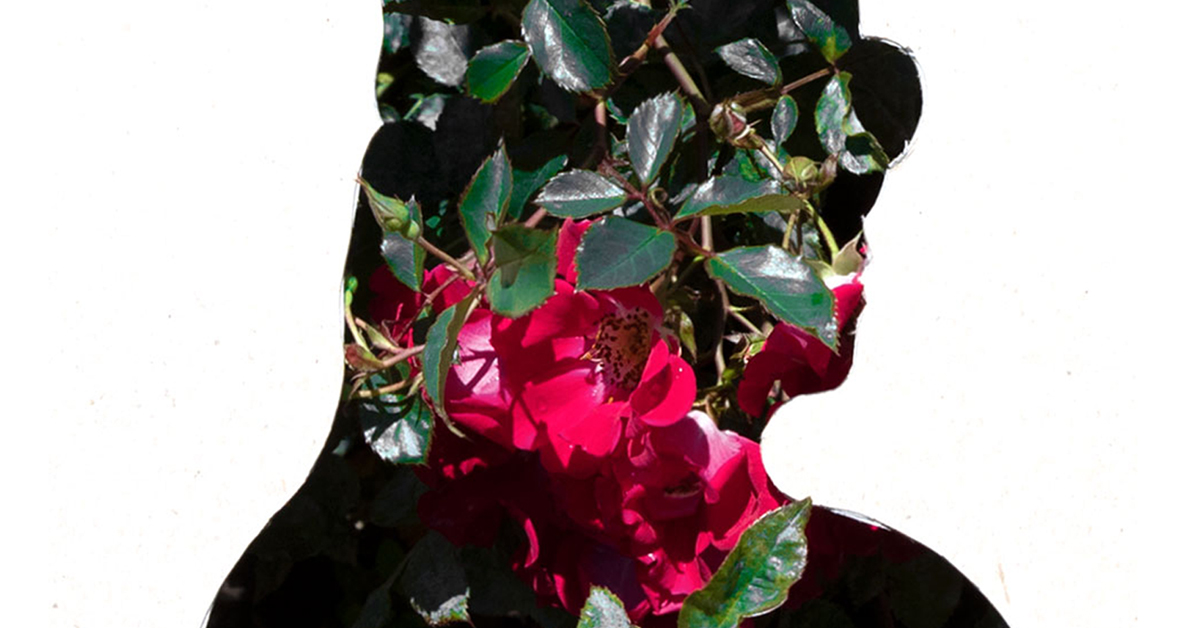

I liked to pay really close attention to the things that were in front of me. Her mother noticed “that I was happier if I was outside. Her American father was an electrical engineer her mother, from the Philippines, worked for Hewlett-Packard.

Looking back in time, she tells me she grew up in Cupertino, California, “in a neighbourhood that is now extremely unaffordable as it’s really close to Apple”. “Time,” I say, “must be just about the hardest thing to think about.” Odell is silent for a while. In our conversation, it is both 10.30am and 5.30pm. Given the circumstances, I can’t quite greet Odell with either “Good morning” or “Good evening”, because neither would exactly be true. Photograph: Winni Wintermeyer/The Observer ‘I like to pay really close attention to the things in front of me’: Jenny Odell in Piedmont Park, California. Clock time is all about productivity, money and economic growth. But it’s clock time our society is focused on, clock time that harms us, divides us, steals from us and makes us destroy the planet. And then there is time that comes to an end, when you die. There are many more types of time, too: geological time, seasonal time and, of urgent concern, climate time. This is “clock time”, the type of time, Odell believes, that has taken over our brains, as opposed to all the other sorts of time – sundial time, tidal time, time as represented by the circadian rhythms of trees, birds, insects, reptiles and mammals, including us.

It’s 10.30 on a sunny California morning for Odell and 5.30 on a dark British evening for me.

We have a worse problem than the attention economy, she explains – our understanding of time itself. Now Odell has written a new book, Saving Time, in which she says that our woes are even deeper and more pernicious than she’d thought.


 0 kommentar(er)
0 kommentar(er)
